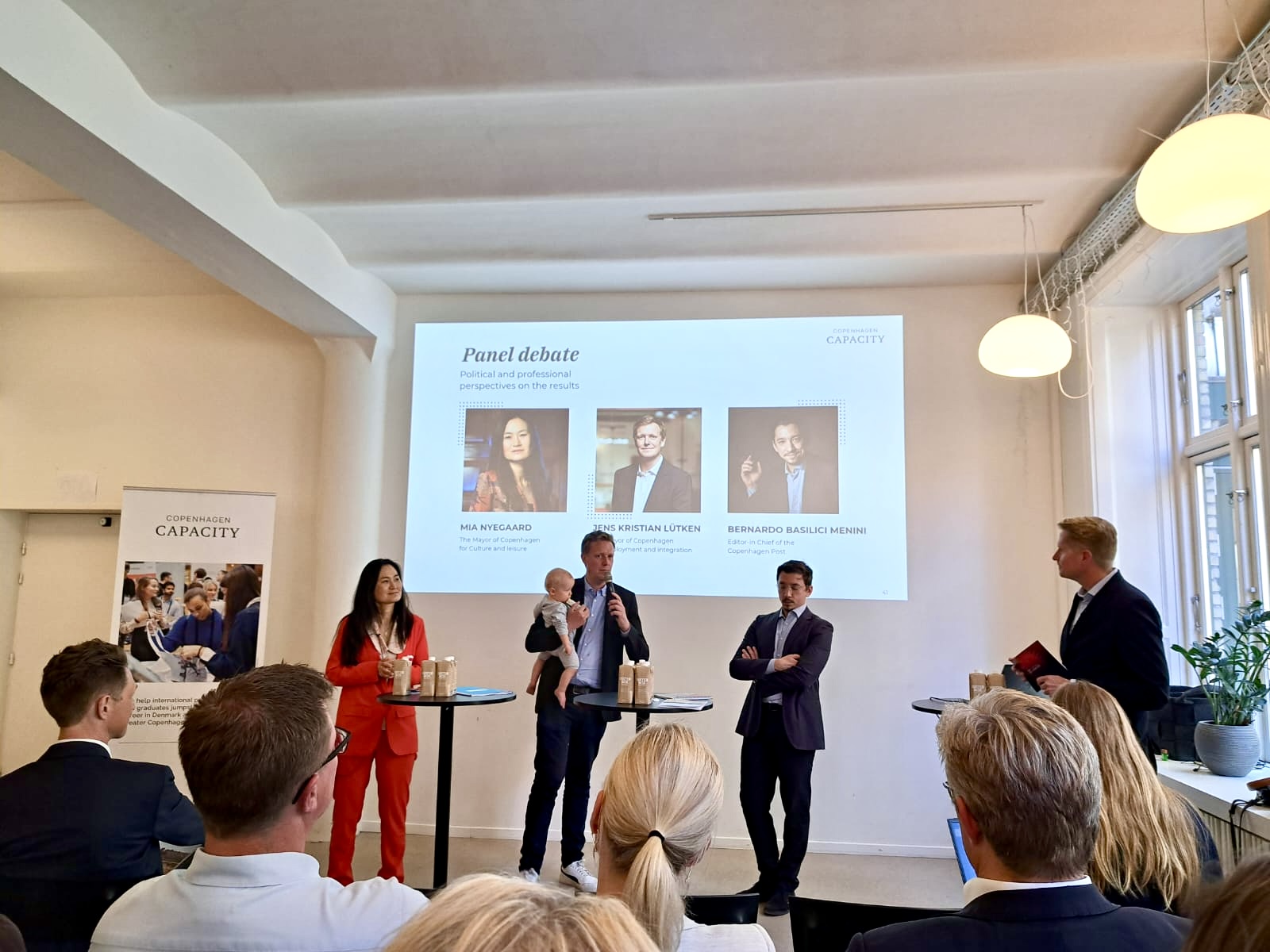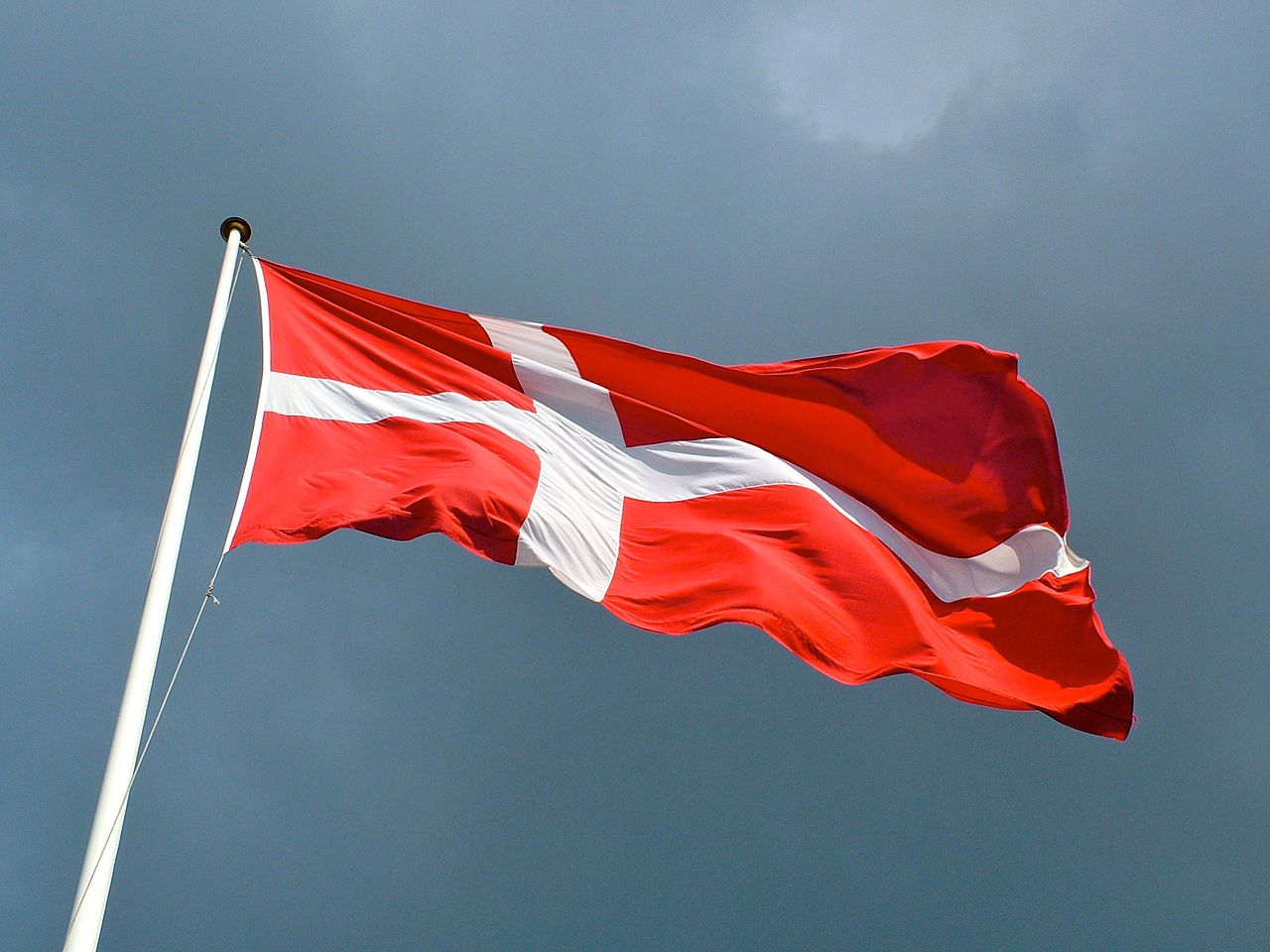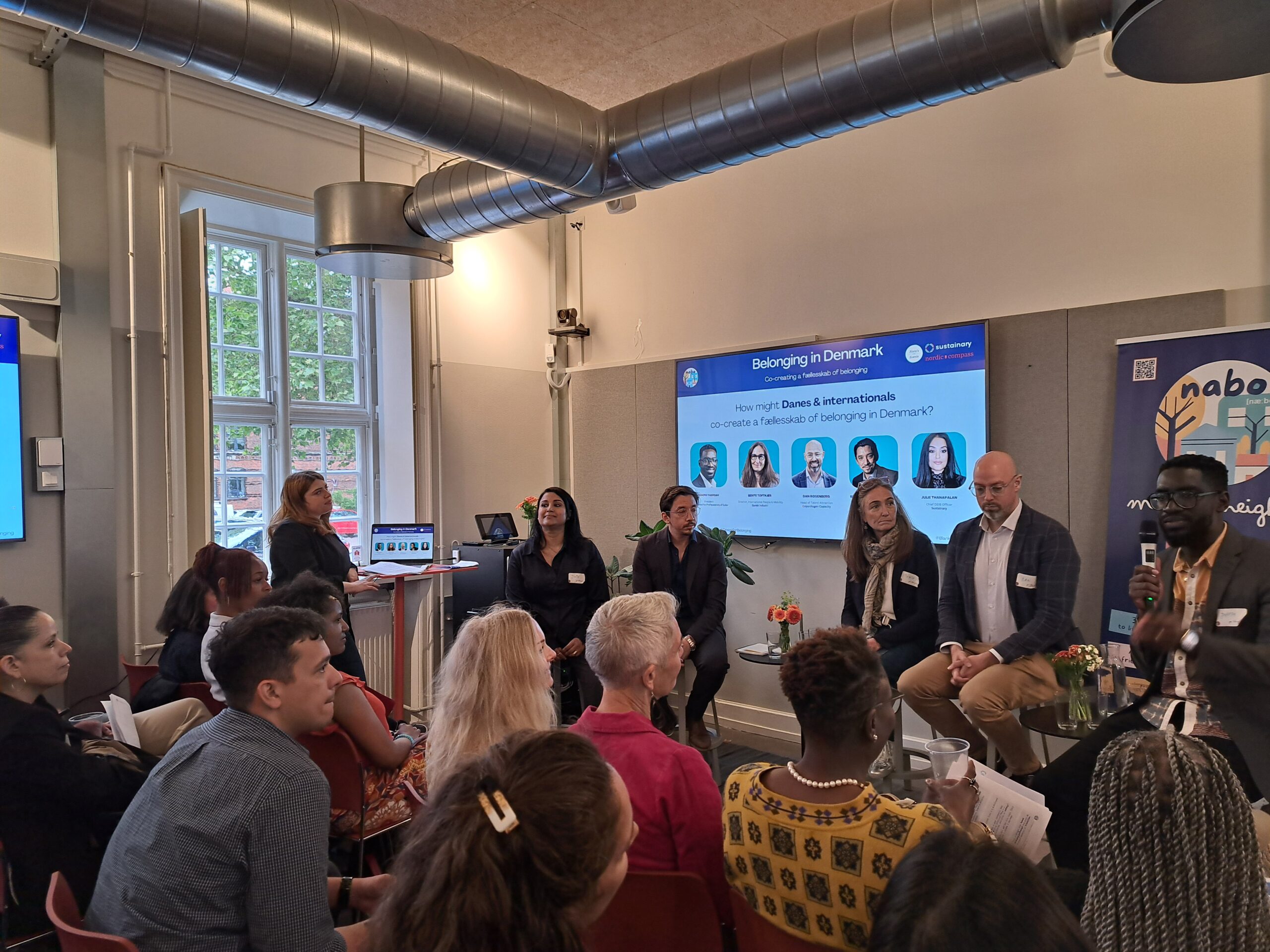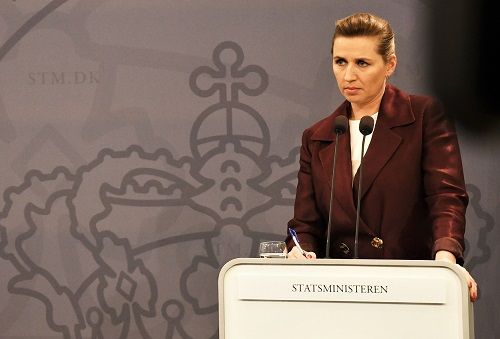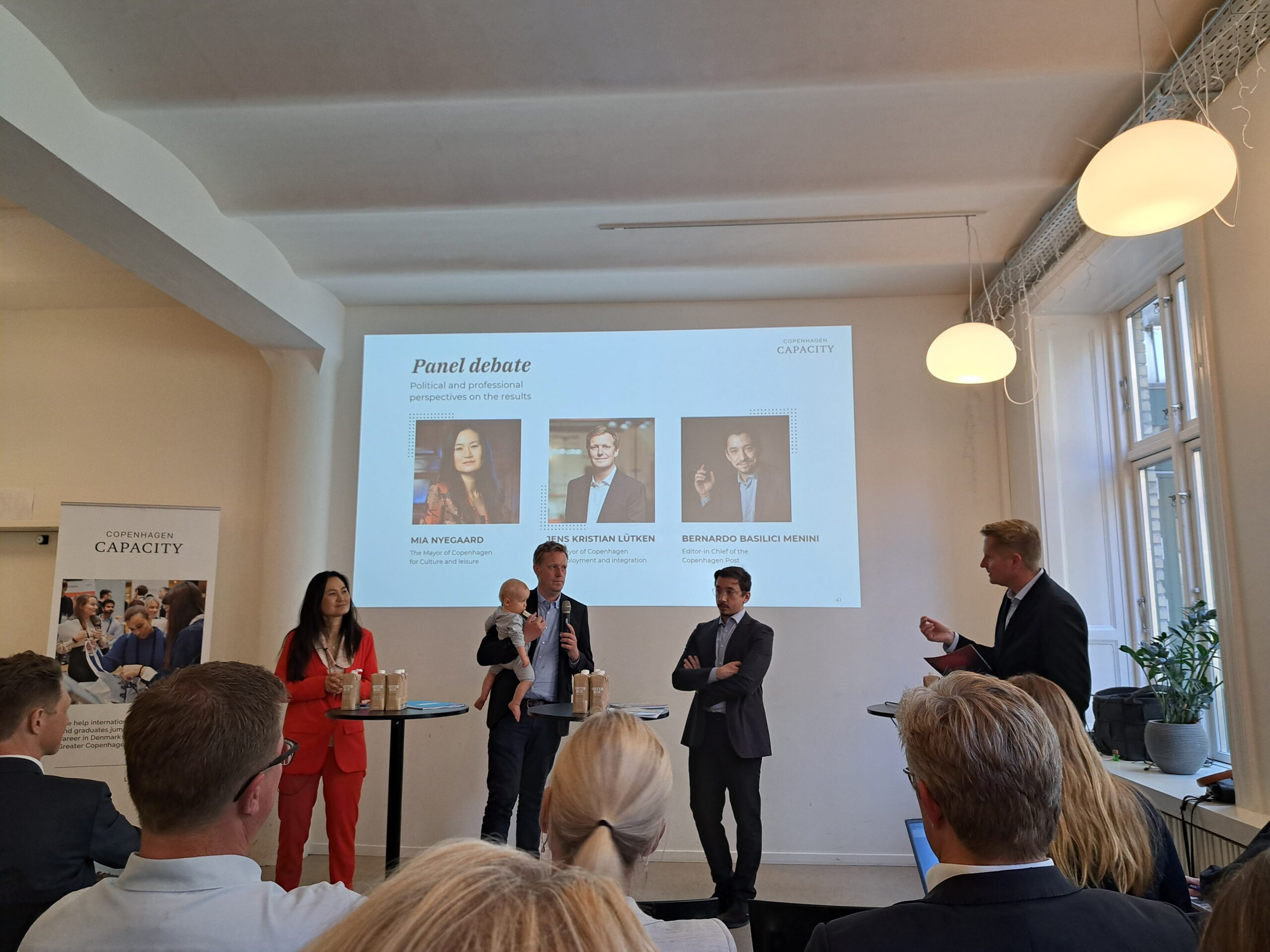Several bird species are finding their way from southern Europe to Denmark as a result of the warming climate. Meanwhile, other species are increasing their presence due to reduced emissions and improved air quality.
From Spain to France to Denmark
The most recent climate-related example is the black ibis. Speaking to TV2, Knud Flensted of the Danish Ornithological Society says that the bird first moved north from Spain to France and has now been seen in Denmark as well as the UK.
In the past month alone, 256 sightings of the species have been registered in Denmark. Flensted largely attributes the growth to climate change making the country more hospitable for the species.
Species such as the heron and stilt runner are also becoming more common in the country. Flensted says there have so far been no negative consequences of non-native bird species making their home in Danish skies.
Birds of prey make their presence known
While the presence of black ibises and other non-native species has caused no issue, the Danish Ornithological Society advises forest-goers in Jutland to watch out for birds of prey aggressively protecting their nests during breeding season.
Two women in the region were recently attacked by buzzards, earning minor injuries. The buzzard population has increased significantly over the past 30 years, according to Flensted. Rather than climate change, buzzards and other birds of prey have been increasing in population as a result of improved air quality resulting from the country’s aggressive climate policies.
Flensted says that attacks by some birds of prey, including the buzzard, are not uncommon during the breeding season, which lasts from the end of May to the end of June. He advises runners and cyclists in the region to be alert and avoid approaching nests.



